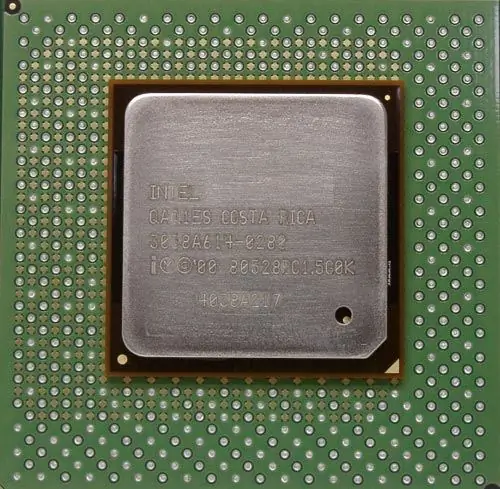The frequency of almost all modern processors can be changed. If you are playing, running several applications at the same time, then the processor frequency needs to be raised. If in the near future you are not going to load the processor, then you can lower it. Lowering the frequency will reduce power consumption and reduce the speed of the cooling fan.

Necessary
- - Cool'n'Quiet program;
- - SpeedStep program;
- - ClockGen program.
Instructions
Step 1
First you need to figure out how to lower the processor frequency. You can do it manually only if it has been overclocked. The nominal processor frequency cannot be reduced using the same methods that increase it. It is possible to lower the voltage per processor, but this is a little different. The only exceptions are some laptop models. In most cases, you need to do it a little differently.
Step 2
If you have an AMD processor, Cool'n'Quiet will help you to lower its frequency. It should be on the driver disc for your motherboard. If you do not have the disc, then the program can be downloaded for free on the official AMD website. Install Cool'n'Quiet on your computer. Now, when the load on the processor is minimal, the processor frequency will decrease. When the load increases (especially when switching to 3D mode), the processor frequency will be restored to the factory value.
Step 3
For Intel processors, the SpeedStep program is suitable. You just need to download and install it on your computer. The difference is that when you start the program, you can choose the mode of the program.
Step 4
The ClockGen program is good for raising the processor frequency. Find one of the latest versions on the Internet. The program does not need installation. Just unzip the ClockGen archive to any convenient folder. Please note that the program may not be compatible with some motherboards. If so, then the overclocking function, which will be discussed below, will not be there.
Step 5
Run the program. In the window that opens, move the top slider to the right, and then click "Apply". The processor frequency will increase slightly. If the computer is working properly, you can increase the frequency a little more. If system failures begin, the frequency must be reduced. Thus, select the optimal processor frequency.






